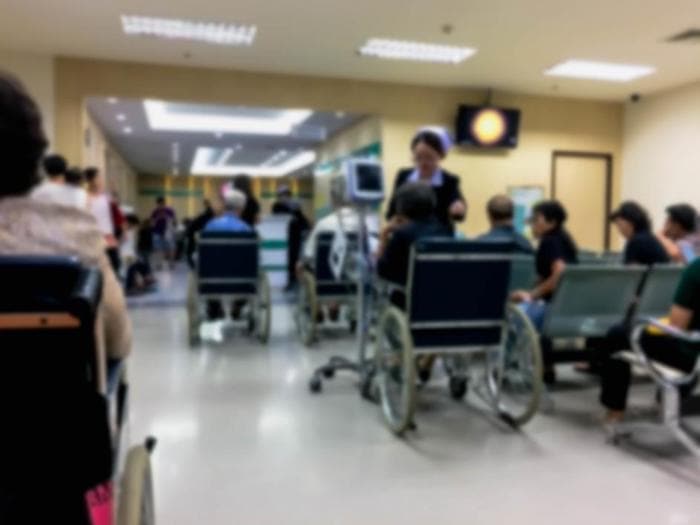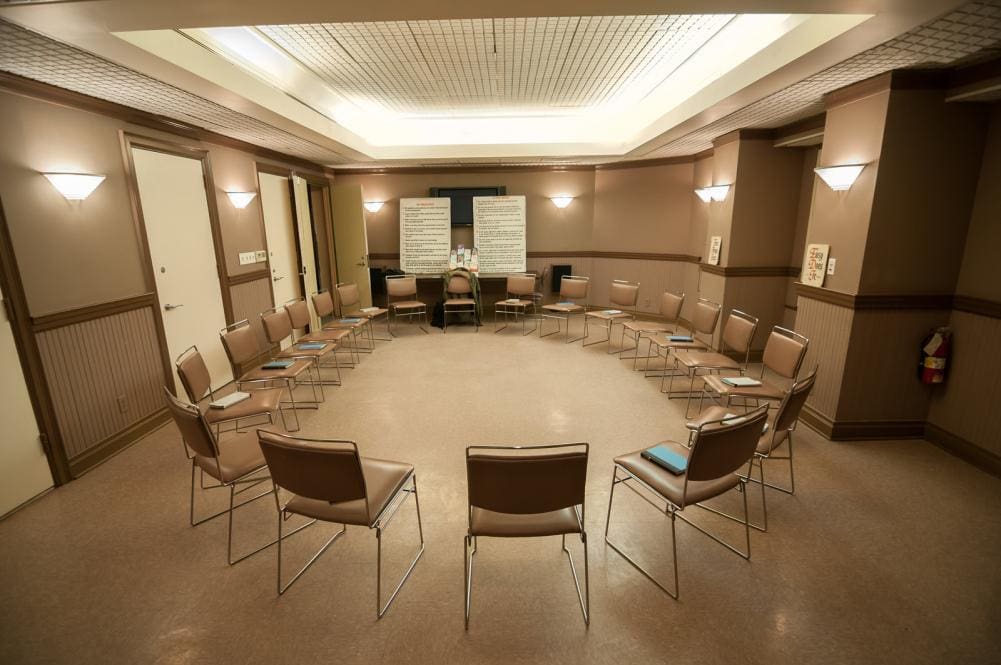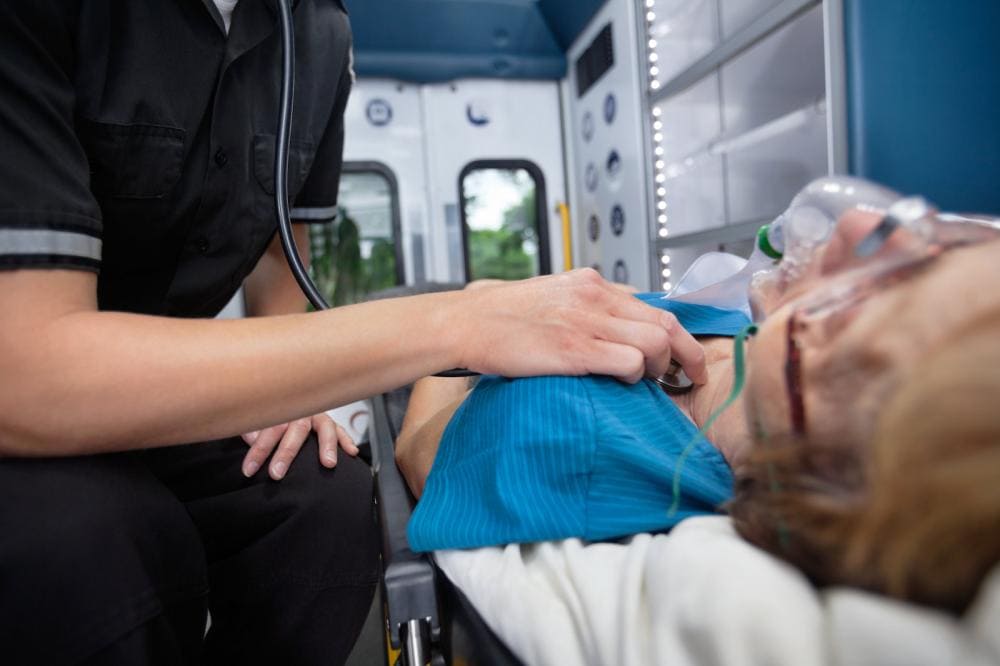
Poor adults seeking help for their opioid use disorder can get more help using Medicaid than other people, including those who may have no insurance or private insurance, according to a report by the Kaiser Foundation.
Medicaid has been instrumental to combatting the opioid epidemic, and in areas where the Affordable Care Act expanded Medicaid, the most vulnerable populations are given a lifeline. Not only do they get help with any long-lasting medical effects of drug addiction, but they also are often able to attend an inpatient or outpatient treatment program.
Republicans have often spoken about retracting the expansions of Medicaid or forcing participants to participate in work programs to “earn” their health insurance. Although many people with substance abuse disorders experience extreme poverty as a barrier to treatment, no new funds have been made available on a federal level to increase access to drug treatment.
According to the Kaiser Foundation, 43% percent of nonelderly adults with opioid addiction who were covered by Medicaid received inpatient and outpatient opioid addiction treatment services in 2016. In comparison, only 21% of those with private insurance and 23% of the uninsured were able to get the addiction treatment services they needed.
About 1.9 million adults experienced opioid addiction in 2016. Of those who were able to attend a treatment program, Medicaid covered 38%. Health experts credit the Medicaid expansion in 33 states, which has extended access to a range of treatment services. People who are covered by Medicaid can get access to life-changing addiction treatment services. Medicaid typically covers medication-assisted treatment such as Suboxone alongside counseling and other support services.
People with an opioid abuse disorder and the right kind of medical coverage usually have access to treatment in either inpatient or outpatient settings. There are some ways that addiction treatment can be administered, from a private doctor’s office or clinic setting to a fully-scheduled and monitored inpatient treatment program. Having access to a variety of options allow individuals the flexibility they need according to their lifestyles and needs.
If you are looking for information on which states have expanded Medicaid, click here.



